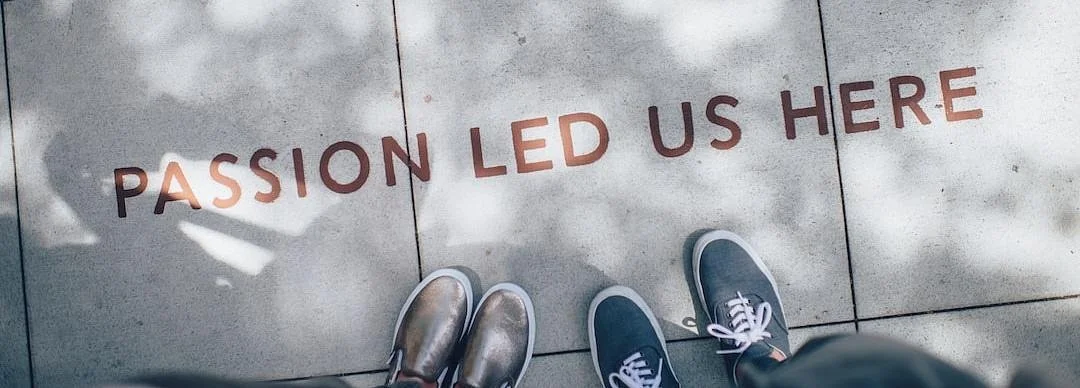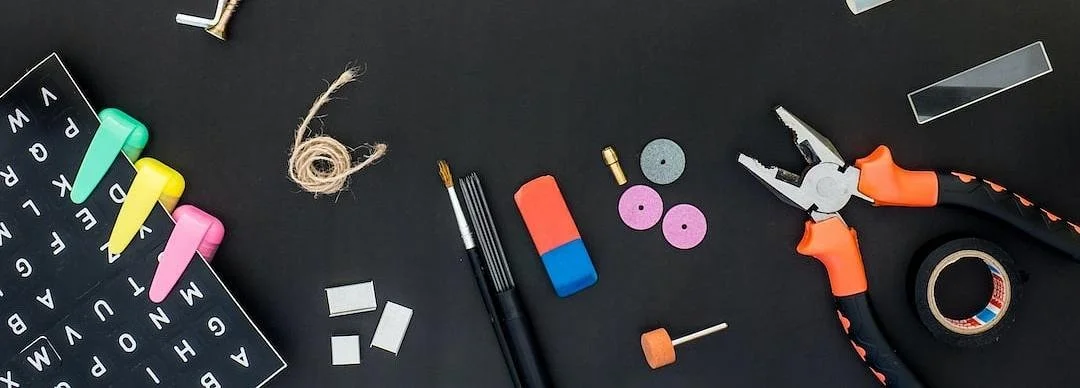Draw Me a Home (2020)
By
Idit Elia Nathan
installation view from Departure Lounge, Luton. Photo credit: Idit Elia Nathan, Phone Home (2020, Phone cards and interactive audio.
A site responsive and socially engaged research project, in collaboration with curator Natalie Pace and Departure Lounge Luton.
Inspired by conversations and encounters across Luton and on social media, new works, which respond specifically to the sudden changes imposed by the Coronavirus outbreak, were displayed in Departure Lounge's window as well as online. The artworks included three interactive works and audiences could contact a free phone number to listen to short stories (or leave their own contribution), download drawings to 'colour in' at home or view the artist's living room via a two way webcam. Drawing on Idit’s experience of producing work that is convivial and rooted in place but relates to complex socio-political issues, the project explores notions of home, belonging, movement and transformation within the context of Luton, through research, conversations, and the production of new work. You can hear the 'in conversation' event, read a review of the exhibition by Tom Hackett, visit the project's Facebook page, Instagram channel and Twitter account or view the various prompts posted during the exhibition's production on the link below.
More information:
www.drawmeahome.com
www.iditnathan.org.uk
www.nataliepace.co.uk
www.departure-lounge.org.uk
“For any artist with direct public interaction at the core of their creative activity, lockdown and beyond has been a particularly challenging time. Many a ‘good to go’ funded project, built on a foundation of face to face dialogue had the pause button abruptly pressed. Whilst certain ‘process’ based artists cracked on with an accidental time gift, those dwelling in the dialogic world experienced a strange hiatus in their modus operandi and were left pondering how best to regroup. Adaptation has always been the key to survival, and failure to recognise this has killed off many an artist’s career. But few of us outside the scientific sector were clued into how sudden a system shock was lurking round the corner. This is a tale of how one artist Idit Elia Nathan adapted and ‘grasped the nettle’ with an impressive speculative spirit, entering hitherto uncharted waters. Originally conceived as a face to face project, Idit planned to turn up in public spaces with a model of a house to prompt public dialogue, exploring the notion of home and what it meant to those she encountered in Luton. This would then generate outcomes for the gallery space. So far so good till Covid19 reared its ugly face. Faced with lockdown and the prohibition of physical encounter, she quickly managed to evolve three fresh strands of ‘remotely’ engaged work. Converting this public domain and ‘in gallery’ show into a gallery window project, a digitally viewed/engaged platform and telephonic interface. [...] When ‘viewing’ an art project based on a process of ‘remotely’ harvested dialogue, and fragmented distribution, it is arguably pointless to attempt to form a holistic ‘aesthetic’ overview, particularly due to the technologically compartmentalised nature of the three composite strands. That said, the very nature of the everyday life and home itself has undergone a radical sense of disruption, creating an overarching semantic logic to this body of work which holds it together. It is important to note, for many, whether as economic migrants, refugees or people living on the streets (all a part of Luton’s demographic tapestry), ‘fragmented’ or ‘compartmentalised’ was already very much a living norm, indeed the artist refers to this in an informative youtube discussion. Looking on remotely, I am wholly impressed through her speculative adaptation and re-configuration, she has chosen to reform and redefine her parameters and take on a whole new bag of tricks to make this happen. As the saying goes ‘necessity is the mother of invention’ and this project exemplifies this spirit.”




